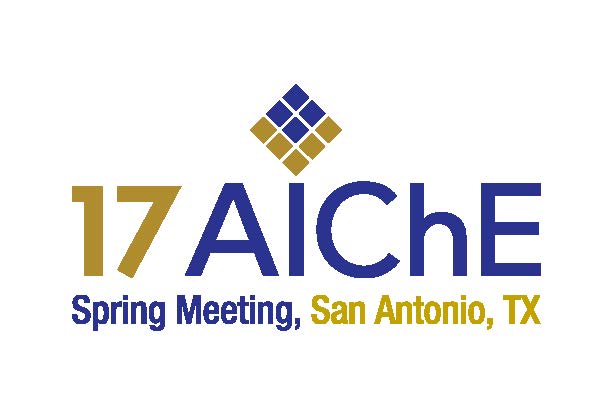

The liquefaction of Natural Gas to LNG is widely known and countless articles about liquefaction processes applied have been published over the years. The processes for liquefaction of Ethane or Ethylene are described in not nearly as much detail as LNG processes are. A major difference between the liquefaction of Methane and Ethane/Ethylene is the solubility of non-condensables, such as Nitrogen or Hydrogen, in the liquid product. This is mainly due to the different liquefaction temperature and the difference in phase equilibria. Typically, Ethane or Ethylene plants are the only recipient from the pipeline, thus flash gas cannot be reinjected, and the flash gas might not be used as fuel because of economical or environmental reasons. Preferably, the concept to handle the non-condensables will be flexible towards varying types and quantities, will not increase power consumption and will not require additional equipment.
This paper will give a short overview about the solubility of different non-condensables in Methane and Ethane/Ethylene and will focus on how non-condensables can be handled in a conventional and a mixed refrigerant process. A novel approach of how the non-condensables can easily be separated from the product, resulting in minimized product loss, will be presented. This concept will be compared to others with respect to capital costs, operating costs, product loss and their flexibility to handle variable concentrations of non-condensables. In addition the paper will give guidelines for the selection of the optimal concept depending on the amount of non-condensables and environmental restrictions.
Preview Presentation
Presenter(s)
Language
Pricing
Individuals
| AIChE Member Credits | 0.5 |
| AIChE Pro Members | $19.00 |
| Fuels and Petrochemicals Division Members | Free |
| AIChE Graduate Student Members | Free |
| AIChE Undergraduate Student Members | Free |
| AIChE Explorer Members | $29.00 |
| Non-Members | $29.00 |
